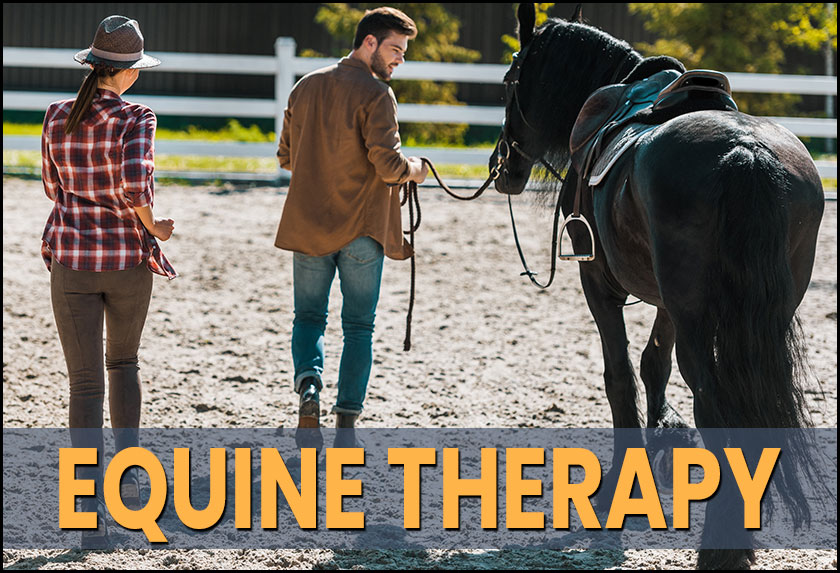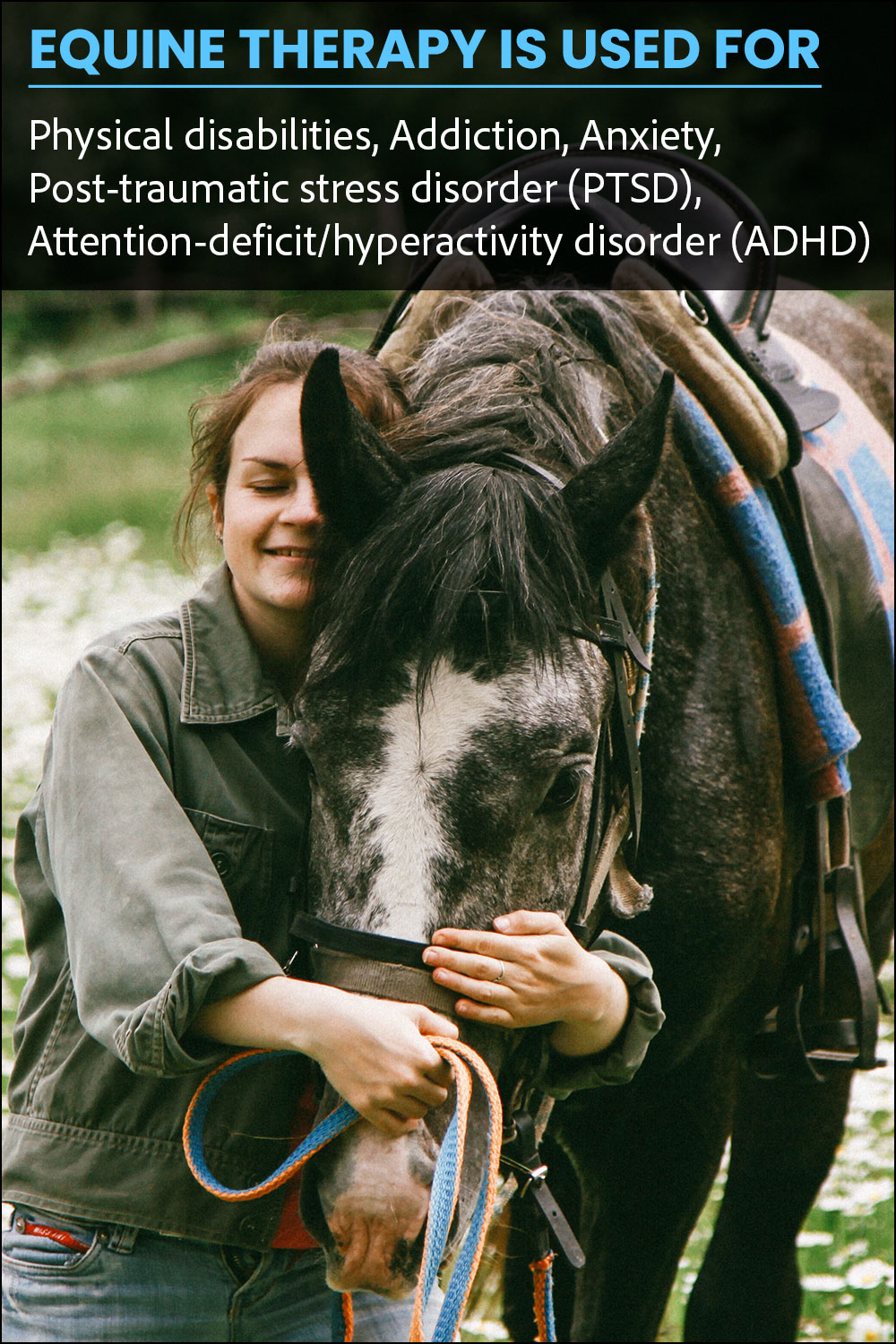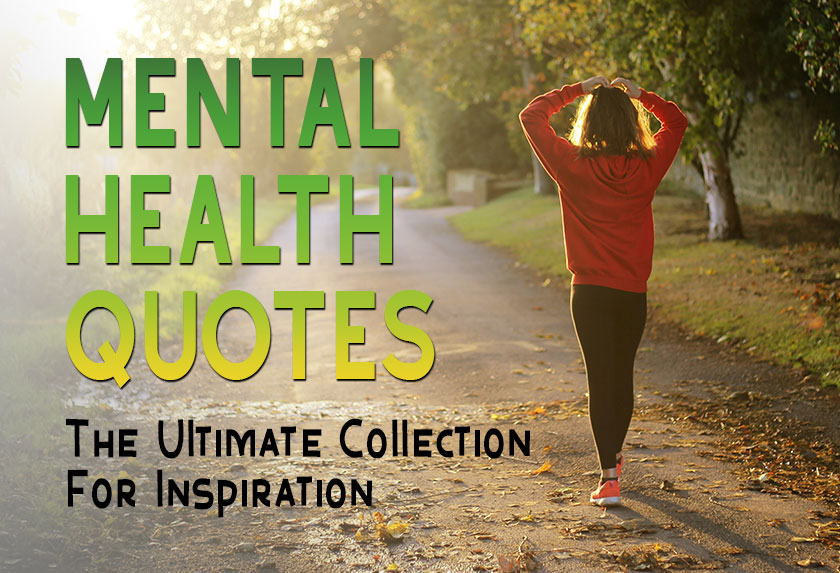Those who have pets or have spent time around animals understand the feel-good effect animals can have. Equine therapy, also known as equine assisted therapy or horse therapy, provides these feelings as well as psychotherapeutic benefits that address various needs, including disabilities, addiction, eating disorders, depression, anxiety, self-esteem, and behavioral issues.
Due to the incredible benefits, the popularity of equine therapy is steadily increasing. Over the past year, Google has seen record numbers of people searching for “equine therapy near me.” When you know what equine therapy entails and the therapeutic benefits, it’s no surprise that more people are looking to try it.
What is equine therapy?
Equine assisted therapy involves engaging in various activities and tasks with a horse, such as walking (leading), grooming, and feeding, under the supervision of a mental health professional. This type of therapy is experiential and helps individuals develop skills like self-confidence and emotional regulation. Horses used in equine therapy are selected carefully. They are calmer, often mares or neutered male horses, that are very comfortable around new people.
Although many types of animal therapy can be used, the size of a horse and the unique environment makes it compelling and effective. This type of therapy is often held outdoors while working with the horse, creating an atmosphere that is much less intimidating than a typical clinical setting. Paired with a learning process and a new experience, individuals are able to open up and process experiences and emotions.
The activities involved in the therapy depends on the individual’s needs, but the benefits are substantial. In addition to reaching targeted therapy goals, equine assisted therapy can increase assertiveness, emotional awareness, social skills, empathy, impulse control, confidence, and relationship development.
How does equine assisted therapy work?
There are specific traits unique to horses that make this type of therapy so effective. Horses are non-judgment and unbiased; they are a third, neutral party involved in treatment. Those in therapy don’t have to worry about the horse judging them. Instead, horses only react to behavior. They are sensitive to emotion and movement. Horses are like mirrors, reflecting a person’s emotions and behaviours back to them. This increases their awareness of their own feelings and ways to check-in with themselves and regulate.
The size of these gentle giants has a calming effect. Horse therapy makes people feel more comfortable talking about painful personal experiences and thoughts. They may not open up as much while they are face-to-face with a therapist in an office but may feel more comfortable talking as they are engaged in another activity like grooming a horse.
For physical and mobilities issues, the horse’s physical cadence is said to simulate a person’s spine and muscles, helping with balance, coordination, and physical rehabilitation.
Who is equine therapy for?
Equine therapy is used to manage various conditions and disabilities and used by people of all ages. Although it is much more popular now, equine therapy is not new. Ancient Greeks practiced hippo therapy, which used horse riding to treat physical and mental health issues.
Modern psychotherapists again pursued forms of horse therapy in the mid-1900s. In the 1960s, equine therapy was used to help people with cognitive and physical disabilities. This was spearheaded by the North American Riding for Handicapped Association launched in 1960, now called the Professional Association of Therapeutic Horsemanship (PATH) International.
This non-profit organization has almost 69,000 members, both children, and adults, that engage in various equine assisted services to assist with speech development, motor skills, and mental health. Children as young as six years, teens, and adults can benefit from equine therapy. It provides a therapeutic environment for those experiencing challenges. Several conditions that may benefit from this type of therapy include:
Physical disabilities
Those with movement disorders or physical disabilities such as cerebral palsy can benefit from riding. Research has found that riding can improve movement disorders, providing greater coordination and motor skills.
Addiction
Drug or alcohol addiction, as well as dual diagnosis with another mental condition, may be treated with equine therapy. It can help individuals repair relationships, gain trust in themselves and others, and improve confidence.
Post-traumatic stress disorder (PTSD)
There is a multitude of events that can trigger PTSD, like experiencing war or sexual assault. Equine assisted therapy has become a common treatment for veterans with PTSD. In fact, PATH has 6700 members who are veterans and active-duty military personnel. It can ease PTSD, depression and help build a personal connection.
Anxiety
Often those with anxiety are worrying about the past or future. Equine therapy helps them focus on the present and on the task at hand. As horses mirror emotions and behaviors, they will sense another person’s fear and anxiety and may start to behave accordingly and try to get away. Those with anxiety understand the feelings of fight or flight and will relate. They can then practice reducing these fears and anxieties and, again, monitor the horse’s response.
Attention-deficit/hyperactivity disorder (ADHD)
During equine assisted therapy, individuals with ADHD will practice focus. As they work with the horse, they will practice boundaries, mindfulness, and social cues in a fun, comfortable environment. The way the horse responds to their emotions and actions will increase positive behaviors while reducing negative ones. A study published in the Journal for Creativity in Mental Health found that individuals who received equine therapy experienced increased focus, reduced aggression, increased self-esteem, improved adjustment to guidelines, and less stressful friendships.
Additional issues it can help with include mood-related issues, autism spectrum disorder, learning disabilities, grief and loss, and bipolar disorder.
If you are have looked for “equine therapy near me” you can reach out to PATH or the Equine Assisted Growth and Learning Association (EAGALA). This non-profit organization sets the standard for professionals working in a therapeutic setting.
When looking for a horse therapy center, look for credentials and ask questions. This powerful therapy method provides an attractive alternative to traditional options that may help you reach your rehabilitative goals.














